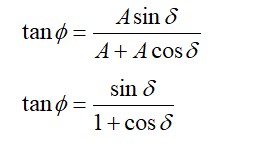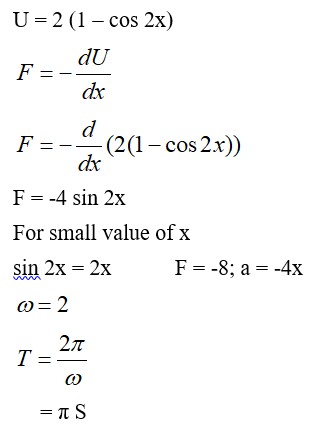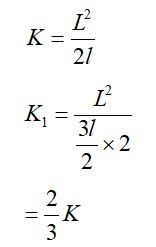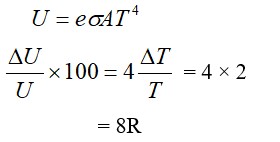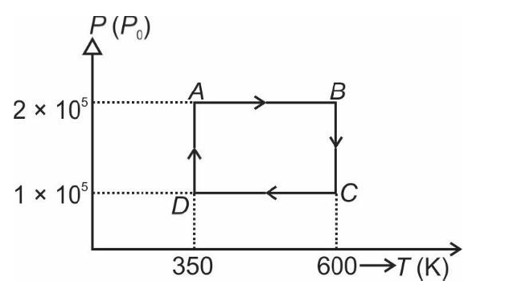A metre scale is moving with uniform velocity. This implies
(a) The force acting on the scale is zero, but a torque about the centre of mass can act on the scale.
(b) The force acting on the scale is zero and the torque acting about centre of mass of the scale is also zero.
(c) The total force acting on it need not be zero but the torque on it is zero.
(d) Neither the force nor the torque need to be zero.
A metre scale is moving with uniform velocity. This implies
(a) The force acting on the scale is zero, but a torque about the centre of mass can act on the scale.
(b) The force acting on the scale is zero and the torque acting about centre of mass of the scale is also zero.
(c) The total force acting on it need not be zero but the torque on it is zero.
(d) Neither the force nor the torque need to be zero.
This is a Multiple Choice type Questions as classified in NCERT Exemplar
Answer-b
Explanation- to solve this question we have to apply newton's law of motion, in terms of force and change in momentum.
as we know F= dp/dt
As body moving uniform velocity so dp= 0
So F=0
As all part of scale is moving with u
Similar Questions for you
From A to B the process is isobaric

= W = 2 × R (600 - 350)
= 500 R
Taking an Exam? Selecting a College?
Get authentic answers from experts, students and alumni that you won't find anywhere else.
On Shiksha, get access to
Learn more about...

Physics NCERT Exemplar Solutions Class 11th Chapter Five 2025
View Exam DetailsMost viewed information
SummaryDidn't find the answer you were looking for?
Search from Shiksha's 1 lakh+ Topics
Ask Current Students, Alumni & our Experts
Have a question related to your career & education?
See what others like you are asking & answering


